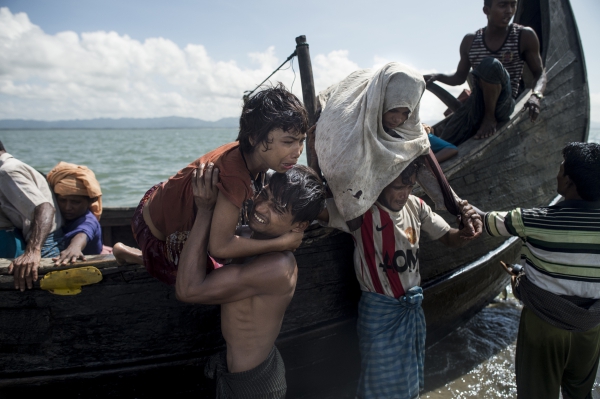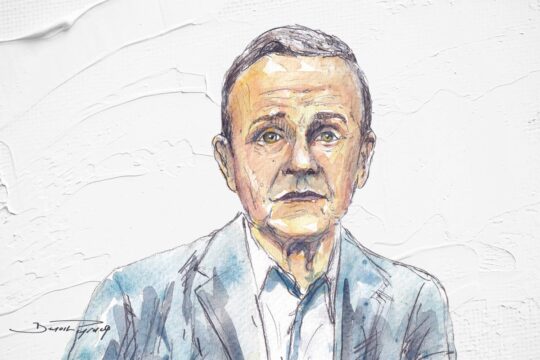The difficulties of transitional justice were illustrated this week in countries as diverse as Tunisia, Burundi, Myanmar and Nepal.
In Tunisia, a JusticeInfo investigation showed how abuses by the President of the Truth and Dignity Commission, Sihem Bensedrine, has herself weakened an already weak and vulnerable institution. Bensedrine, nicknamed Araïssa (the boss) is accused of “squandering public funds and recruiting staff in an anarchic and opaque way, so as to set up a parallel administration totally subservient to her orders”, writes our correspondent Olfa Belhassine. Sihem Bensedrine claims there is a “plot” against the Commission and the transitional justice process in Tunisia, but four Commissioners have resigned in protest at the President’s methods. This does not make it any less true that “the authorities have done everything to sabotage and block the Truth Commission’s work”, explains JusticeInfo.
“Crimes against humanity” in Myanmar
A big setback for transitional justice in Myanmar too, where the authorities -- dominated by the army which is conducting a terrible crackdown against the Rohingya minority -- remains deaf to the pressure and protests of the international community. The icon of the transition, Nobel peace laureate Aung San Suu Kyi, is accused of passivity and not opposing the army’s action. But Matthias Huber, a Swiss expert on Myanmar, thinks the world is being too hard on Suu Kyi. “She is a political leader whose hands are tied,” he said in an interview with JusticeInfo. “When she did not go to the UN General Assembly in New York last week, it was probably because she was afraid she would be ousted by the army in her absence.” He adds that “the army continues to control the country, including economically and through corruption. And its agenda is not the same as that of the democrats”.
This week some 90 non-governmental organizations including HRW, Amnesty International, Asia Pacific Refugee Rights Network (APRRN), Burma Human Rights Network (BHRN), Coalition for Justice and Accountability (COJA), Genocide Watch and International Campaign for the Rohingya said that "crimes against humanity" were being perpetrated against the Muslim Rohingya minority in Myanmar, and called for the UN to consider an arms embargo.
Setbacks in Nepal too, where, as our columnist and human rights activist Ram Bhandari explains, victims of the civil war are still waiting for justice and information on the disappeared. Bhandari, whose own father disappeared at the hands of the police in 2001, is urging the international community to put pressure on the government of his country, which he says is destroying evidence, promoting suspects and blocking the transitional justice process.
Burundi
And finally to crisis-ridden Burundi, which was the subject of heated debate in the UN Human Rights Council this week. Bujumbura backed an African resolution to send a group of “experts” to the country to fact-find in cooperation with the government and "forward to the judicial authorities of Burundi information in order to establish the truth and to ensure that the perpetrators of deplorable crimes are all accountable to the judicial authorities of Burundi". This was seen especially by Western countries as a move to exculpate Bujumbura from accusations of massive human rights abuses – especially given the fact that the Burundian judicial system is subservient to President Pierre Nkurunziza – and an attempt to undermine the UN’s international probe into atrocities in Burundi. The Human Rights Council approved the African proposal. But it also approved a European Union-sponsored resolution to extend the mandate of the UN’s international inquiry by one year, putting Burundi in the unusual situation of being subject to two potentially conflicting probes, both approved by the Council. The UN panel, which has not been allowed to go to the country, has accused Burundi and its security forces of egregious human rights abuses.







